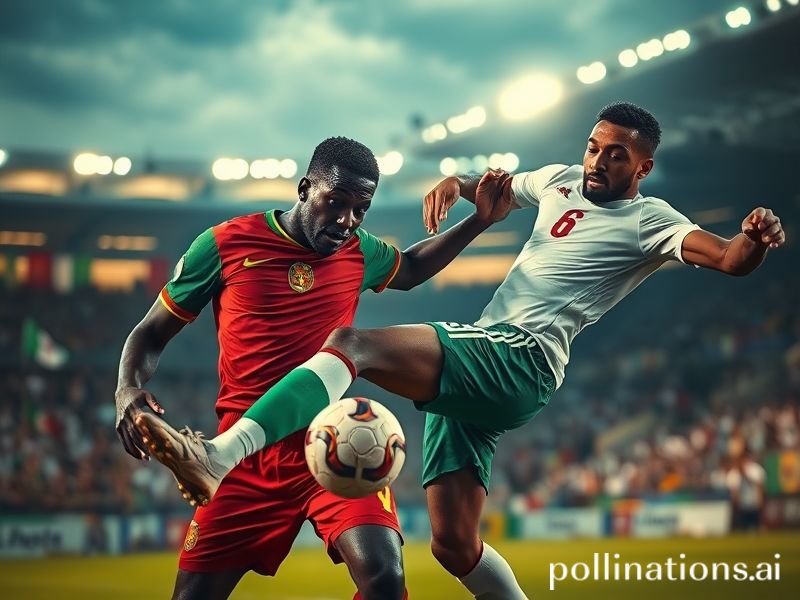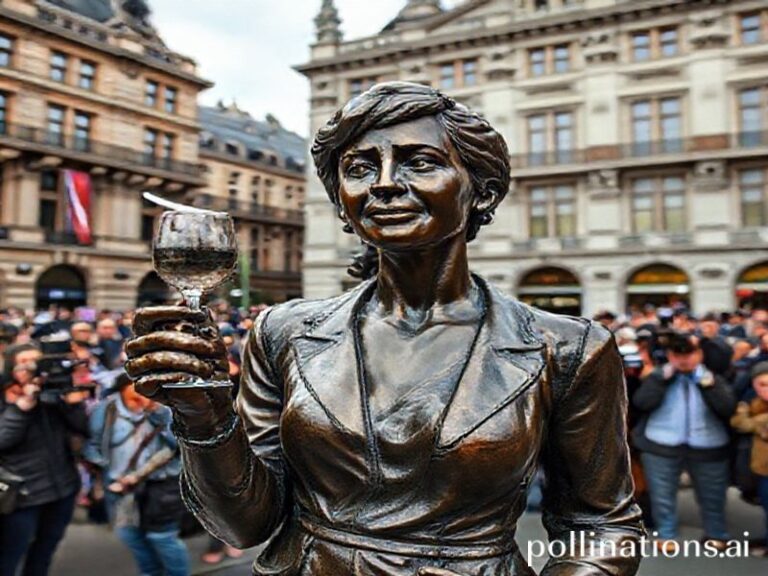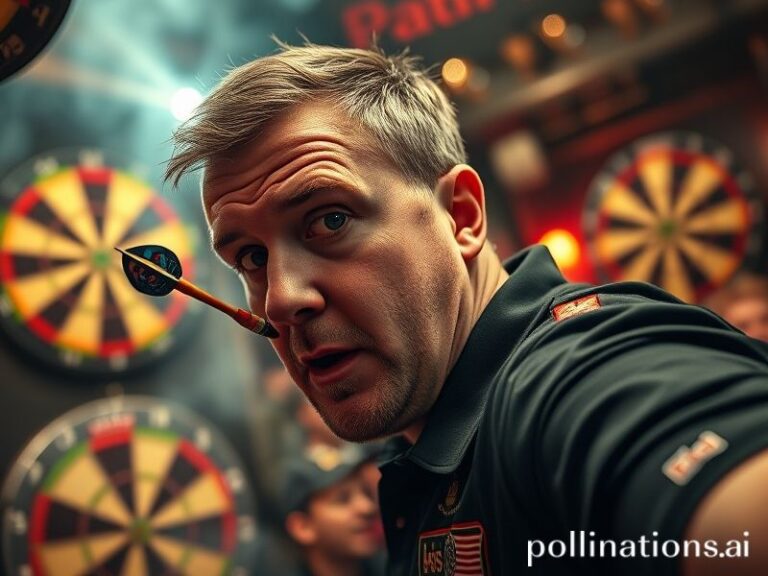Guinea vs Algeria: A World Cup Qualifier Where Geopolitics Scores the Own Goal
Guinea vs Algeria: When Two Nations Duke It Out and the Rest of the World Pretends It’s Just Football
By Our Man in the Departure Lounge, Conakry-Dar es Salaam Route
Conakry, Thursday night. The lights flicker like a bad omen at Stade du 28 Septembre, which is fitting because every time Guinea and Algeria meet, someone—referee, fan, or hapless geopolitics major—ends up questioning the very concept of “friendly” sport. On paper it’s only a 2026 World Cup qualifier, but in practice it’s a proxy referendum on West African bravado versus North African swagger, with the global north watching via grainy streams and wondering why their betting apps just crashed.
Let’s zoom out, shall we? Algeria arrives with the swagger of a country that sells gas to Europe while lecturing Europe about colonialism—an entrepreneurial hypocrisy the rest of us quietly applaud. Guinea counters with the chaotic optimism of a nation that produces more bauxite than functioning traffic lights. Between them sits a football that somehow carries the weight of pan-African dreams, FIFA’s corruption index, and the private hopes of diaspora taxi drivers in Paris, Berlin, and Montreal who will wake at 2 a.m. to argue with strangers on Twitter.
The worldwide implications? Modest, yet deliciously absurd. China’s Belt and Road lenders note the stadium’s Chinese-built floodlights and calculate interest payments. Russia measures how many Wagner memes can be slipped into halftime TikToks. The United States, having just discovered Africa is not a single country last week, dispatches a mid-level envoy to “monitor sports diplomacy,” which is State-Department-speak for free tickets and a photo op. Meanwhile, cryptocurrency exchanges in Dubai offer live odds in Tether because nothing says grassroots football like a stablecoin pegged to the dollar.
Back on the pitch, the players themselves are walking metaphors. Algeria’s captain—let’s call him “Riyad Lite” for legal reasons—has spent the last decade commuting between the English Midlands and Mediterranean villas, collecting Premier League medals and existential dread in equal measure. Guinea’s star striker still takes a shared taxi to training, a daily reminder that mineral wealth and human wealth rarely share the same Uber Pool. When they collide over a 50-50 ball, the sound is less sporting than economic: the crunch of bauxite futures meeting natural-gas spot prices.
The match ends, inevitably, in controversy: a soft penalty, an offside flag raised by a VAR operator rumored to be live-streaming on Twitch for extra cash. Algerian fans set off enough pyrotechnics to alert NATO satellites; Guinean supporters respond by politely dismantling a section of seats to repurpose as umbrellas for the rainy season. Both sets of ultras upload identical Instagram captions: “Justice was raped tonight.” Somewhere in Geneva, a FIFA ethics committee member sighs and books another ski weekend.
Yet the broader significance is sneakier than the scoreline. This fixture is a stress test for the African Union’s latest attempt at a continental free-trade area—because if two resource-rich neighbors can’t swap aluminum for hydrocarbons without turning it into a penalty shootout, imagine what happens when tariffs are on the table. Europe, terrified of another migration “crisis” (translation: people exercising the human right to flee places Europe helped destabilize), quietly funds grassroots “sports for peace” programs that supply shin guards and unsolicited neoliberal advice. The UN labels the match a “confidence-building measure,” which is bureaucrat for “please don’t riot, we’re out of peacekeepers.”
And the fans? They file out humming rival chants that sound indistinguishable to the untrained ear—proof that hatred, like pop music, is just melody with regional branding. By dawn, social media has already moved on to whether a Korean pop star’s haircut is cultural appropriation, but the stadium still smells of tear gas and overpriced onions. That, dear reader, is the scent of modern international relations: part sporting spectacle, part resource scramble, entirely human.
Conclusion: In the great ledger of geopolitics, Guinea vs Algeria will be recorded as 1-1, a result that satisfies statisticians, disappoints nationalists, and keeps the aluminum and gas flowing northward. Everyone claims moral victory, nobody admits fiscal defeat, and the world spins on—slightly wobblier, slightly richer in dark comedy. If you listen closely, you can hear the plastic seats still clattering, a gentle reminder that when nations clash, the only sure winner is whoever sells the tickets.







